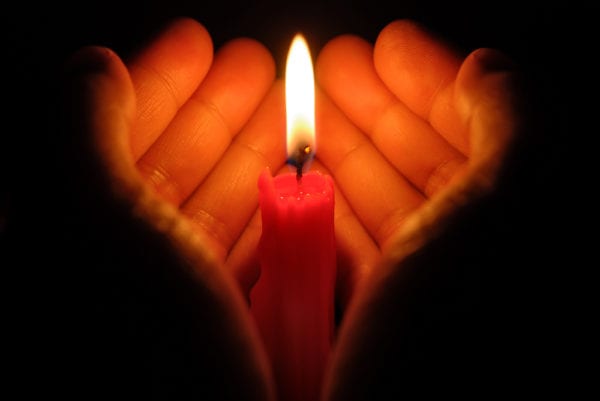Thought piece: on our capacity for extraordinary goodness
Thought piece: on our capacity for extraordinary goodness
Thought piece: on our capacity for extraordinary goodness
-
Hannah
-
Hannah


How to Do Good: Essays on Building a Better World, published by my publisher, London Wall, is a collection of essays by thought leaders, celebrities, statesmen and women, Nobel prize winners, social entrepreneurs, philanthropists and others who are driving and inspiring positive change. Each month, I’m focusing on one essay in the book to use as the basis for a thought piece.
For May, I’ve chosen an essay by Forest Whitaker. Mr Whitaker is widely known as an actor, director, producer, but it is his humanitarian work that makes him a true inspiration. He is the founder of the Whitaker Peace and Development Initiative (WPDI), the co-founder of the International Institute for Peace (IIP) and a UNESCO Goodwill Ambassador for Peace and Reconciliation.
In How to Do Good, Mr Whitaker has written an essay that is so beautiful and hopeful, it brought me to tears. He writes:
‘There is a divine spark within every human being that gives all of us the capacity for extraordinary goodness: to love, to create, to help, to forgive.’
Every human being… that opening line alone makes me want to dance in a field of wildflowers with my face cast heavenward. No matter your story – your past, your mistakes, the limitations you face every day – there is a divine spark within. Such a beautiful attitude, and we should all have it.
The essay ‘Guiding light’ explores how to help young people who are affected by conflict – all kinds of conflict in all kinds of countries, from the gangs of LA to the tribal youths of South Sudan. How do you help young people growing up in challenging environments, youths who have been exposed to fear and rage and loss and violence? How do you empower the adults of the future to choose their own path, to form their own communities, to be peacekeepers, in cultures where liberty may be something that must be fought for? The answers are not straight forward.
Take child soldiers, for example, with whom Mr Whitaker has worked. According to the organisation Child Soldiers International, an independent human rights organisation which campaigns for an end to under-18s being used in warfare, ‘Tens of thousands of children are recruited and used in conflicts around the world. They are often abducted, beaten, and forced to commit terrible acts.’ (Source: ‘Letter to US Congress’). The daily life of these children is appalling, and yet Mr Whitaker found while working with the children that the solution is not so simple as to ‘rescue’ a child from the soldiering. Being a soldier gives the child a purpose, an identity and a place to belong. The child is part of a community, and may have food and shelter that otherwise would not be available. Cast the child adrift, and they are alone and lost, with fundamental needs unmet.
‘We need to do more for these children,’ Mr Whitaker writes, ‘to fill that void in their lives with love, an education, a community to give them a new purpose and allow them to find an opportunity to succeed. The light has never left these children. We just need to help them rediscover it.’
How many children with that beautiful light burning within are in need? In our own communities, and abroad, the answer is: so many. Too many.
Anything we can do as individuals to nurture that light is worthwhile. But just think what we can achieve if we work collectively, using our own ‘capacity for extraordinary goodness’ to foster in young people the same extraordinary goodness.
Mr Whitaker’s hope for the future is that one day ‘these lights will come together to form a human flame of enduring peace – a fire bright enough to drive out any darkness’. That is a vision to inspire and galvanise.
That, it strikes me, is the only vision of the future that is worth believing in.
Note: All quotations are taken from How to Do Good: Essays on Building a Better World published by London Wall, with the kind permission of Philanthropy Age.